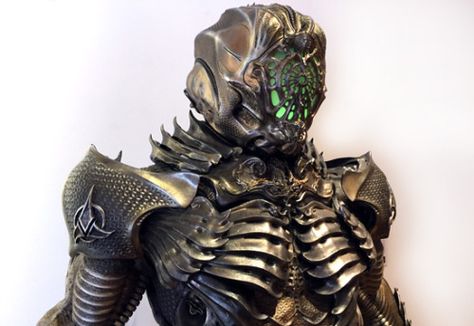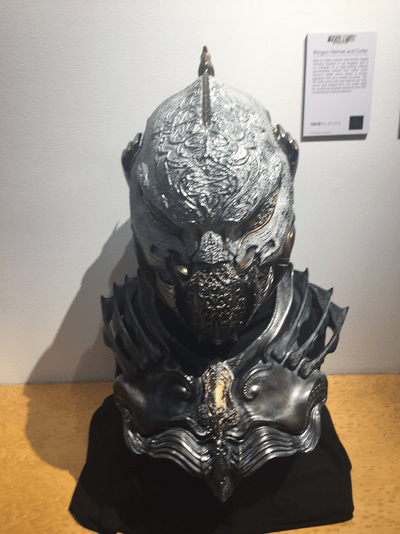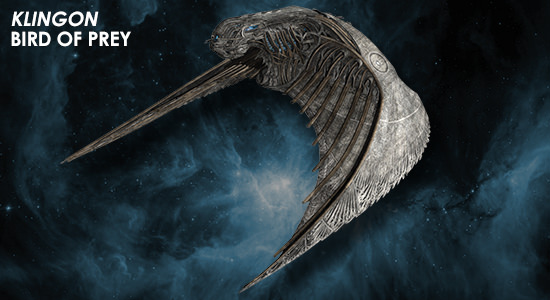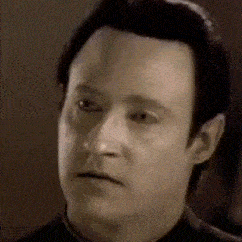I am the kind of person who enjoys “big weird” scifi like Stanisław Lem. Stories about trying to relate to and find common ground with something so alien that the prospect of even understanding is basically hopeless. Star Trek usually doesn’t do stories that, which makes sense as it often uses alien races as allegories or stand-ins for real-world human relations.
That said- I thought those early Klingons were super weird and scary because they were just so alien. It really made sense thinking about how it took a century before they could get to the events of Star Trek VI, and it made the Khittomer accords feel like so much more of an accomplishment. Like- you made a treaty with WHAT?
And just aesthetically their ships and armor looked like something out of HP Lovecraft or HR Geiger:



This is not to say I dislike how Klingons were portrayed previously, kinda like Mongols in TOS or Vikings in DS9, just that they never felt scary to me. They never felt like warriors. I was never afraid for the gallant crew of the Enterprise D (a science and exploration vessel) going into battle against Klingons. But I really enjoyed the alien-ness Disco tried to go with. Anyone else with me?
EDIT: PEOPLE I SAID WHO’S WITH ME NOT WHO ISN’T CM’ON 


Perhaps it implied that.
But it only ever implied that, and meanwhile we had other evidence that implied a separate conclusion, in the form of Kor, Kang, and Koloth.
Which is more likely-- that every Klingon Kirk encountered during his five-year mission was a survivor of the augment virus (edit: Including Kahless, who lived and died centuries before Archer!) and no Klingon encountered outside of that time period was; or that the Klingons ruthlessly quarantined or even executed carriers of the augment virus and wiped it out before it got too far, and TOS’s visuals aren’t literal?
Well that’s the thing that I don’t like - we got 40+ years of TOS looking like TOS across three examples in three shows, and when it was done it was fun as heck on all three, and all managed to include modern sfx for their time alongside authentic TOS visuals. That’s all I wanted from Discovery when it was announced to be between The Cage and Where No Man Has Gone Before.
It’s one thing to do as a one-off gag or a nostalgia bit. It would not have been possible to take seriously for an ongoing series in 2017, except for hardcore fans that don’t need to be sold on it.
Thats an assumption. It was okay barely 12 years earlier? It’s pretentious to act like it wouldn’t have been possible, and if that’s really the case, then why the hell is it being set in the oldest production era? It’s not a problem for modern Doctor Who to faithfully recreate sets from the 60s, and those weren’t even in color originally.
Making a series in the 2250s I would expect sets to at least feel like they fit together. They had to extrapolate what a jefferies tube looked like in ENT, since we never saw that set in TOS. The new things should look spiffy (so the Crossfield class, and aliens like Kelpiens are a-okay in my book since we never saw either of those things before and can therefore exist alongside each other), but older things should be recreated with better quality (like the ENT modernisations of Tellarites and Andorians, for example) as much as possible, and I’d argue most of the time that is the default in shared universes.
And the DIS s1 klingons look broadly like the TNG klingons, just exaggerated.